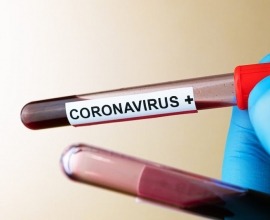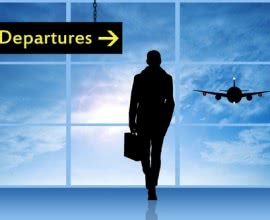The Impact of COVID-19 on the Medical Tourism Industry
COVID-19 is a virus that belongs to the same virus family as SARS (Severe Acute Respiratory Syndrome) and strains of the common cold. Previously coined as the “2019 novel coronavirus”, the name COVID breaks down as follows: CO for corona; VI for virus; and D for disease; and has been known to be transmitted through direct contact with respiratory droplets from an infected individual (from sneezing and coughing).
COVID-19 has been declared a global pandemic resulting in numerous disruptions in both the private and public spheres. One industry that has been heavily affected is the medical tourism industry.

Medical tourism can be defined as a type of tourism where people traverse across the globe to another country in order to receive medical, surgical and/or dental treatment. At the same time, these medical tourists incorporate some kind of leisure vacation into their schedule in order to get the most bang out of their buck.
However, the emergence of COVID-19 meant that the medical tourism industry has come to a standstill, mostly due in part to the travel restrictions countries around the world have implemented in order to contain the spread of the virus. The closing of borders and limiting who can travel in and out of a country has resulted in medical tourists unable to travel abroad for healthcare.
Lockdowns and curfews have posed another issue for the medical tourism industry – with a large majority of countries issuing stay-at-home orders, social distancing, and avoid non-essential travel, medical tourists have found themselves stuck and unable to travel freely. This has resulted in patients having to cancel or reschedule their medical trips abroad and it is estimated that the medical tourism industry will see around 500,000 more cancellations in the third quarter of 2020.
Another way COVID-19 has impacted the medical tourism industry is by putting a huge strain on countries’ healthcare systems. Many hospitals, clinics etc. have had to direct their resources and manpower to those affected by the virus; and this may have put non-essential and elective medical procedures on hold.
In conclusion, it’s of no surprise that COVID-19 has heavily impacted the medical tourism industry. Travel restrictions, lockdowns, social distancing, and overwhelmed healthcare systems around the world have all resulted in medical tourists having to postpone or cancel their procedures abroad; and until this pandemic eases and the curve flattens, 2020 may prove to be a difficult year to travel for medical purposes.














